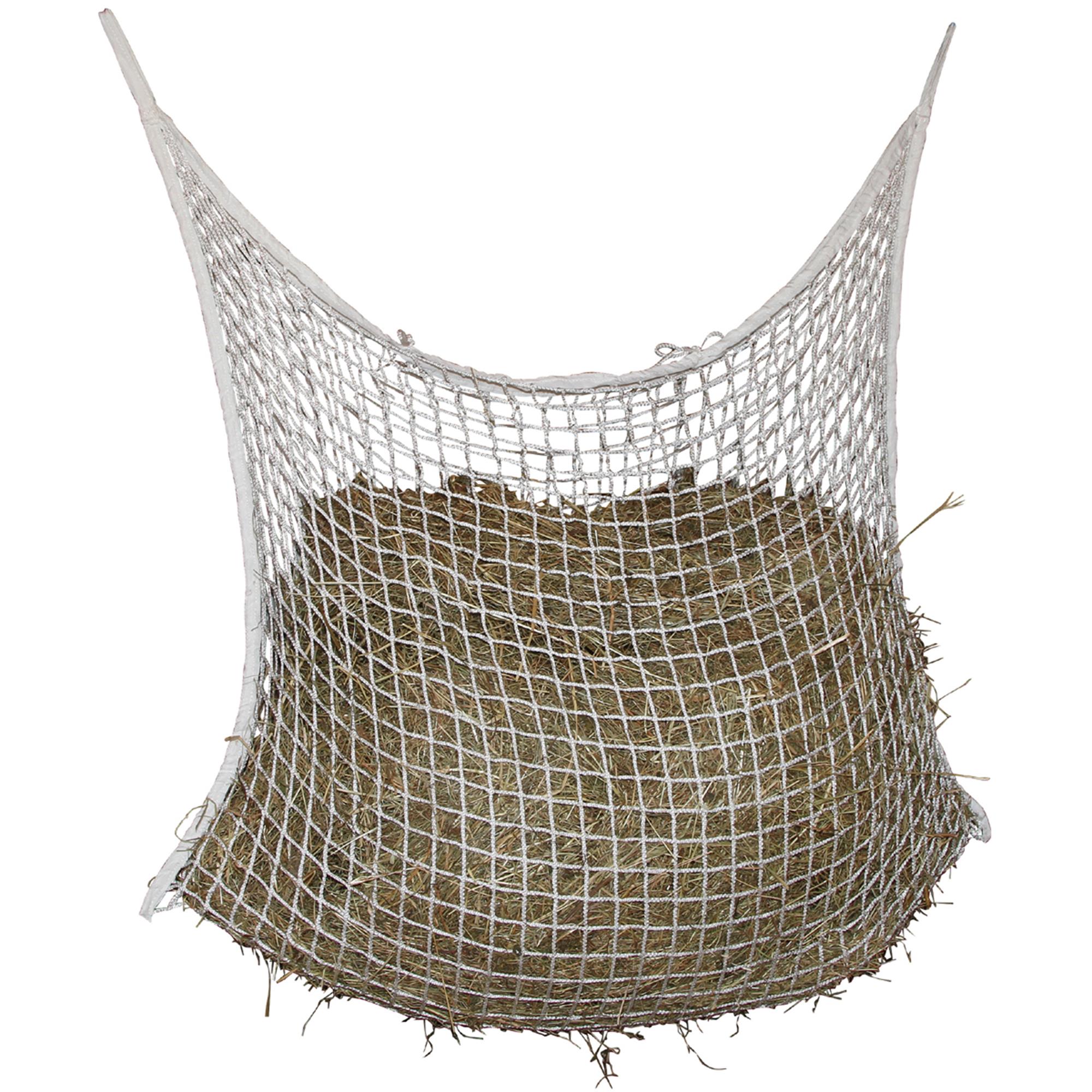HorseFitShop is here to give you some useful tips and tricks to keep your horse healthy during autumn. Autumn is a beautiful season with magnificent colours and often you can still enjoy sunshine and train outside or go for a ride. Unfortunately autumn has some nasty traits as well: days of rain and wind are no exception. Your horse might suffer a bit from these traits: it starts shedding its coat, often has a reduced immune system, spends more time stabled, etc. Don't fret! Here's 5 tips to make sure autumn won't pester you this year round.
Tip #1 Keep your horse's immune system in check

When grooming your horse during autumn you are bound to find an abudance of loose hairs

afterwards. Your horse will start shedding its coat when the days grow shorter and there's less daylight; to some extent the drop in temperature plays a role as well. This transition to the winter coat requires a lot of energy and shift in outside temperatures may have an impact on your horse's immune system. There are multiple ways to support your horse during this process.
HFS Vita Concept is a balanced combination of all the necessary nutrient such as vitamins, minerals, amino acids and trace elements. Another product which stimulates a healthy immune system is
Equitop Forte; this is a balanced supplement which consists of 14 vitamines, 4 minerals and 7 trace elements. Naturally, HorseFitShop has many more
supplements to support the immune system.
Tip #2 Ration your horse according to the seasonal conditions
Does your horse get all the nutrients it needs now that there's less grass available? Did you know that the grass that is available during autumn has far less nutritional value than it would during spring or summertime? Your horse probably spends more time in its stable as well. Adding hay or silage to your horse's diet is unavoidable. Feeding a sufficient amount of roughage is important to support the digestive system and helps your horse to keep itself warm, additionally it supports the shedding process. Aim for a gradual transition from grass to roughage to ensure that the digestive system can get used to the changing diet.
During autumn, much like during springtime, the sugar level in grass can be rather high after a cold night followed by a day of sunshine and high temperatures. This can cause problems for horses that are insuline resistant, have Cushing disease, or are likely to get laminitis.
Tip #3 Don't let your horse eat maple leaves or acorns
The wind reigns during autumn and is likely to blow all sorts of leaves and nuts onto the pastures. Leaves and seeds from the maple tree can be dangerous for your horse. The disease Atypical Myopathy lurks around the corner; this is a highly dangerous muscle disease. Of the horses that get diagnosed with this disease, 70% dies. One small matter plays a key role in the development of the disease, hypoglycin A.
Acorns contain tannic acid. This poisonous matter can hurt your horse in all sorts of ways. It can damage the intestines and it increases the chances of your horse getting colic. In extreme poisoning cases it may even cause kidney failure.
Tip #4 Prevent boredom in the stables

 Shorter, wetter, and colder days may result in your horse spending more time in the stable than in the pasture. Muddy or slippery pastures and paddocks may be another reason to keep your horse stabled. If you have no other choice but to stable your horse due to the capricious weather conditions of autumn, make sure your horse can connect with congeners. Horses are herd animals and social interaction is key to a happy horse.
Shorter, wetter, and colder days may result in your horse spending more time in the stable than in the pasture. Muddy or slippery pastures and paddocks may be another reason to keep your horse stabled. If you have no other choice but to stable your horse due to the capricious weather conditions of autumn, make sure your horse can connect with congeners. Horses are herd animals and social interaction is key to a happy horse.
Additionally, it is important your horse won't get bored. Eating roughage is something your horse's can do all day. Be sure to give your horse enough roughage and to make sure it takes its time eating it you could use a slowfeeder. Another option to prevent boredom is supplying your horse with toys such as jolly balls.
Tip #5 Prevent sand intake


If you do have the option to let your horse out in the pastures you might risk excessive sand intake due to the pastures getting sandier.
Furthermore, horses can get bored and start trying to get minerals by licking sand in the paddock. Excessive sand intake may result in a blockage in the intestines. To remove sand from your horse's digestive system you can use a supplement with psyllium, sometimes called flea seed. Psyllium expands and creates a jelly like substance in the intestines. This encourages the intestines to start kneeding more; the increased volume of the psyllium will drag the sand along through the digestive system and all the way to the exit. Examples of supplements with psyllium are HFS Flea Seed and Synovium Sand-Oil 3-6-9.
If you keep all this in mind, you and your horse will experience the best autumn ever.
Eva Rempt, HorseFitShop